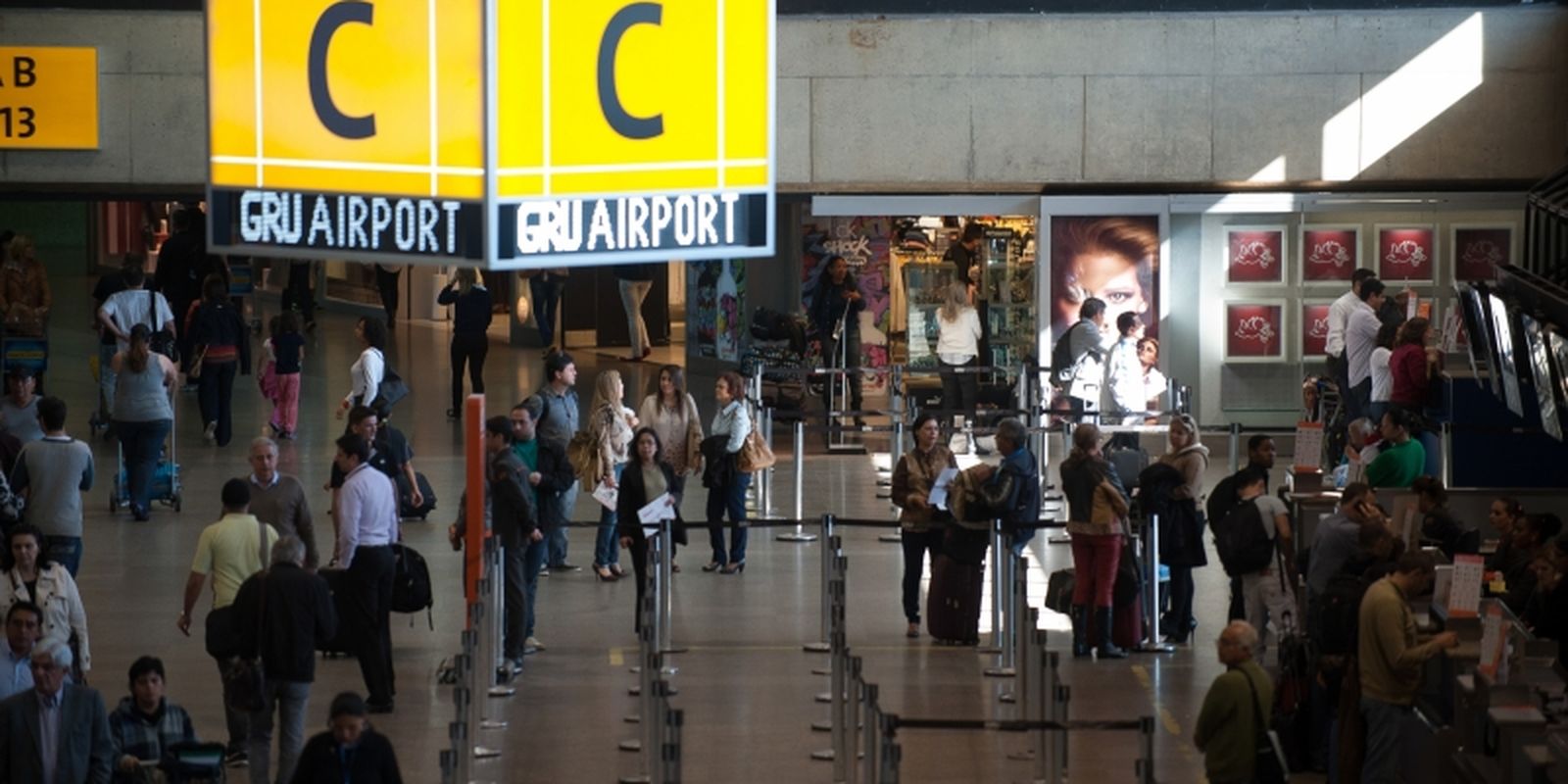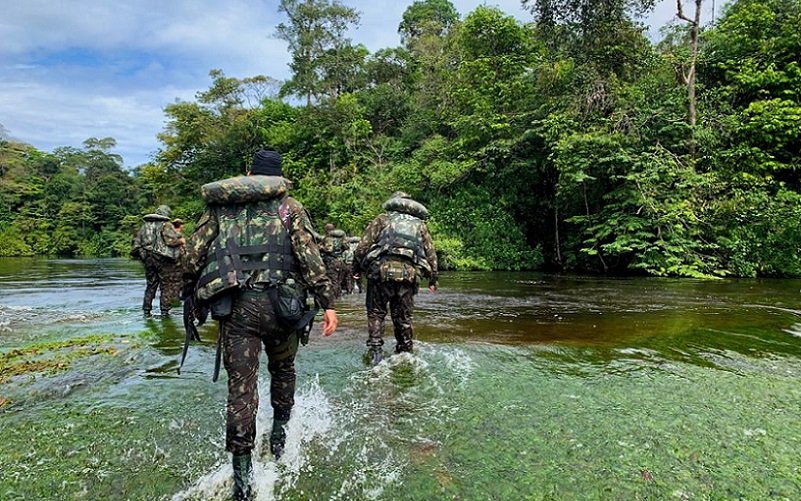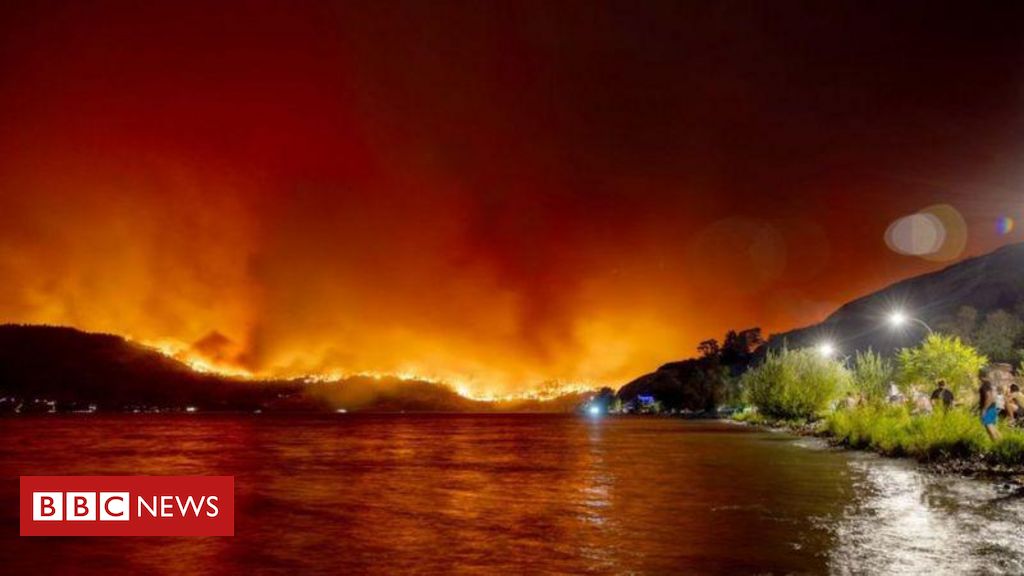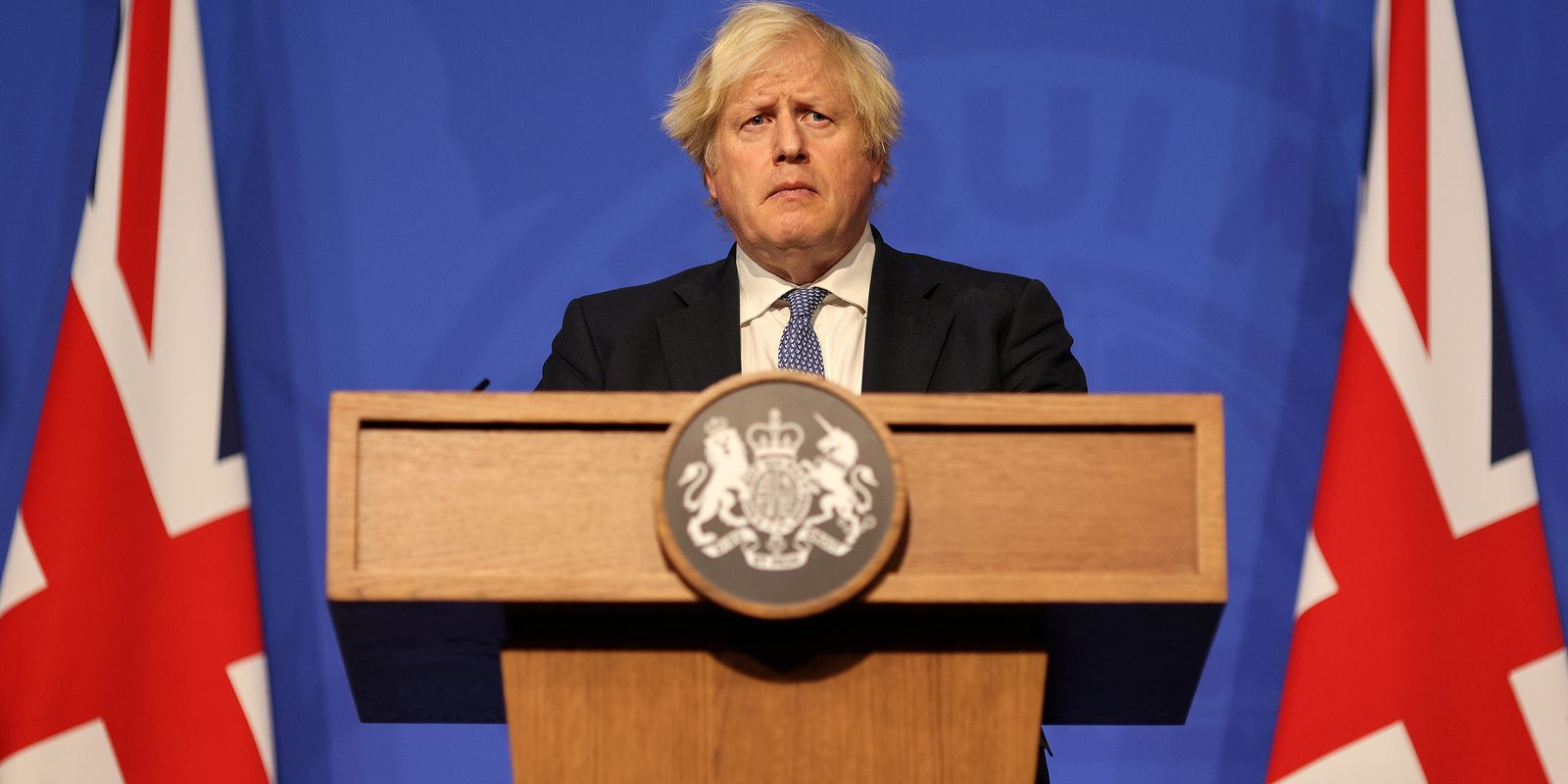More than six thousand people, or about 15% of the population, have been evacuated aboard military planes from isolated communities in Canada’s Northwest Territories threatened by a wave of more than 230 active wildfires.
A spokesperson for the Northwest Territories Fire Department said that, separated by several hundred kilometers, the villages were “particularly difficult” to evacuate by land.
Mike Westwick added that a contingent of 120 soldiers had been deployed on Tuesday to facilitate the air evacuation.
The same day, authorities in the Northwest Territories declared state of emergency throughout the region.
“We are in a crisis situation and our government is using all the tools at its disposal,” said regional Minister of Territorial Environment, Shane Thompson, stressing that this allows it “to access and use resources” .
A state of emergency had already been declared Monday evening in the capital, Yellowknife, surrounded by four forest fires in the northwest, north and southeast.
Yellowknife Mayor Rebecca Alty warned residents in parts of the capital to prepare for possible evacuation if the flames, currently 20 kilometers from the city, continue to advance.
At least one hospital in Yellowknife, which has a population of about 20,000, has already scaled back operations and transferred patients to other cities in southern Canada.
“I am heartbroken thinking about the people of the Northwest Territories. [sigla em inglês dos Territórios do Noroeste] fight against devastating forest fires,” Canadian Prime Minister Justin Trudeau said on the social network X (formerly Twitter).

“Freelance communicator. Hardcore web practitioner. Entrepreneur. Total student. Beer ninja.”







